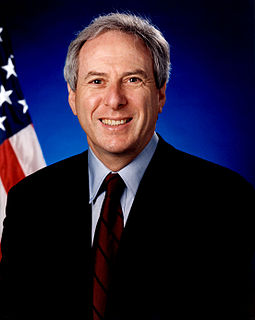A Quote by Neil deGrasse Tyson
I've said multiple times that the world's first trillionaire is going to be the person who exploits the resources of asteroids, the natural resources that are rare on earth and common on selected asteroids. So there are many different reasons you might want to go into space. You might want to spend your honeymoon on the far side of the moon.
Related Quotes
Certainly whatever climate change and global warming means, we've got a big issue here. Right now, this civilization or this period that we're in is probably going to need the resources off our planet, perhaps the resources from the asteroids, perhaps there will be some on the moon, perhaps some on Mars that we can utilize for our own uses here.
If you were to stand on an asteroid in the main belt of asteroids between Mars and Jupiter in our solar system, you might be able to see one or two asteroids in the sky, but they would be very far away and very, very small. So you wouldn't have this 'dodging through tons of rocks' business you get in the movies.
In my mind, public space travel will precede efforts toward exploration -- be it returning to the moon, going to Mars, visiting asteroids, or whatever seems appropriate. We've got millions and millions of people who want to go into space, who are willing to pay. When you figure in the payload potential of customers, everything changes.
Here on Earth, we're exposed to asteroids hitting the Earth, eventual changes in the Sun, changes in the Earth's climate, things we're doing to the Earth's climate. If we want to survive, we need to become a multi-planet species. That's further down the road, but the first wave is going to be the explorers.
I think it's perfectly OK to exploit the moon. Largely for two reasons: there's no life there, and it is close enough and rich enough in resources to be economically useful to Earth. In the final analysis, everything we do in space, if it does not help the people of Earth, all the people, it's not going to happen.
You never know where your next job is going to lead you, down the road. One single episode that might seem so far removed from what you might end up doing in the future might spark somebody's memory bank. Just one little line you said or a look you gave might be what they want to pursue with a character.
One of the reasons NEOWISE is so valuable is that it sees the sky in the thermal infrared. That means that instead of seeing the sunlight that asteroids reflect, NEOWISE sees the heat that they emit. This is a vital capability, since some asteroids are as dark as coal and can be difficult or impossible to spot with other telescopes.

































